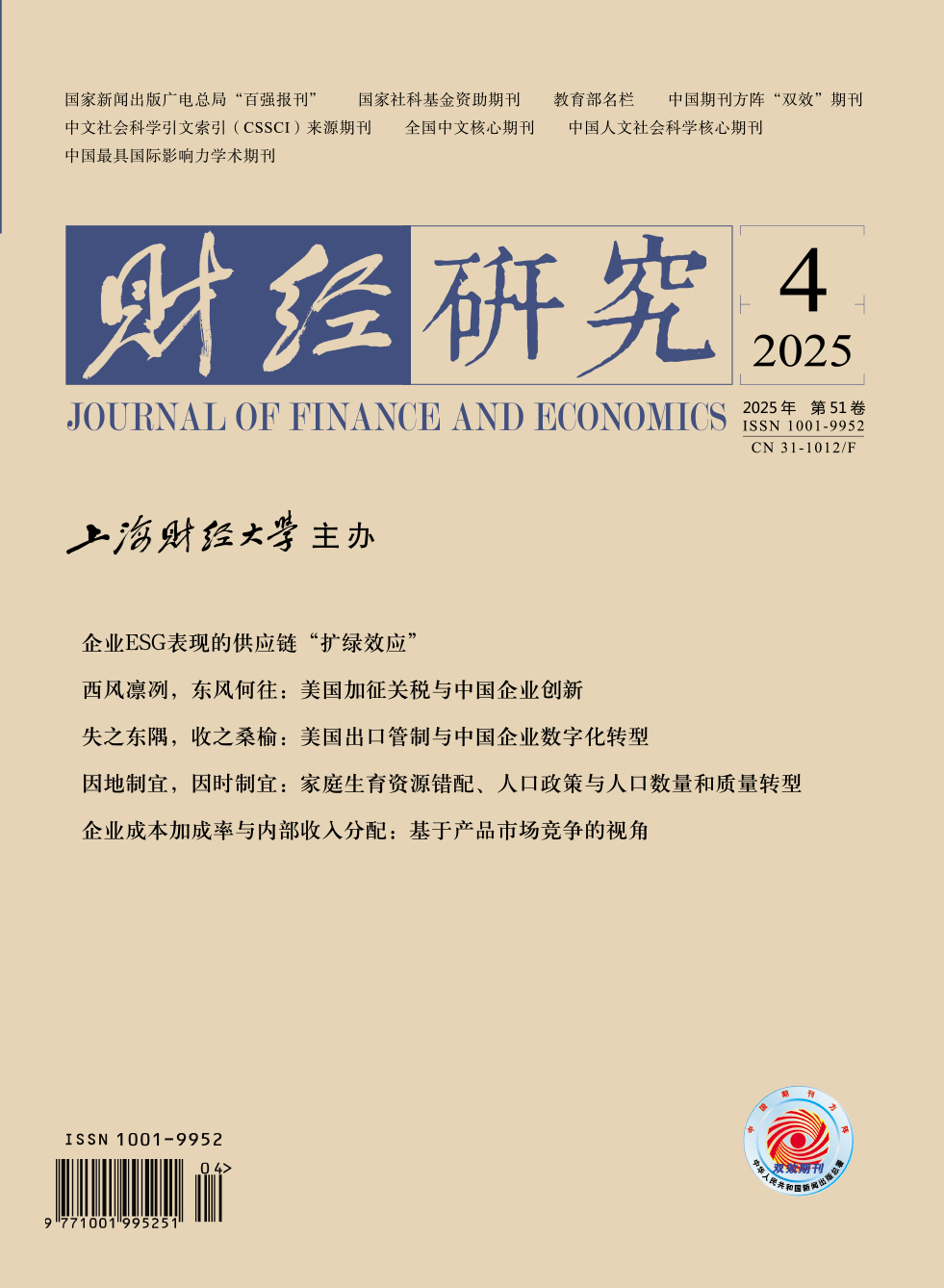This paper develops a general equilibrium model with endogenous markups to analyze the impact of rising markups on within-firm income distribution in competitive and monopolistic environments. In competitive markets, firms invest more in R&D to reduce costs and improve efficiency, which increases their markups. The extra profits are primarily allocated to non-production workers for R&D. While competition weakens monopoly power, it raises labor income share and increases within-firm income inequality. In contrast, under monopoly consolidation, rent-seeking firms reduce wages and labor income share, worsening income distribution.
Using financial data from Chinese listed companies from 2011 to 2023, this paper empirically tests the model’s predictions. The results show that: (1) Rising markups significantly increase both employee compensation and labor income share, while also widening income inequality. (2) Mechanism testing reveals that competition drives firms to lower marginal costs and reward executives and R&D personnel, further increasing income inequality. (3) Heterogeneity analysis indicates that in industries with slower production concentration, weaker regulation, and growth potential, the effect of rising markups on employee compensation is stronger and leads to greater income inequality within the management.
Compared to existing literature, this paper contributes in three key ways: (1) Under a general equilibrium framework, it shows that rising markups can be driven by either efficiency improvement or monopoly distortions, with different effects on income distribution. (2) It empirically tests these effects using recent data from Chinese firms. (3) It finds that competition-driven markup increase boosts compensation for high-skilled employees, offering insights for policies aimed at sustaining market competition.





 2883
2883  5061
5061

